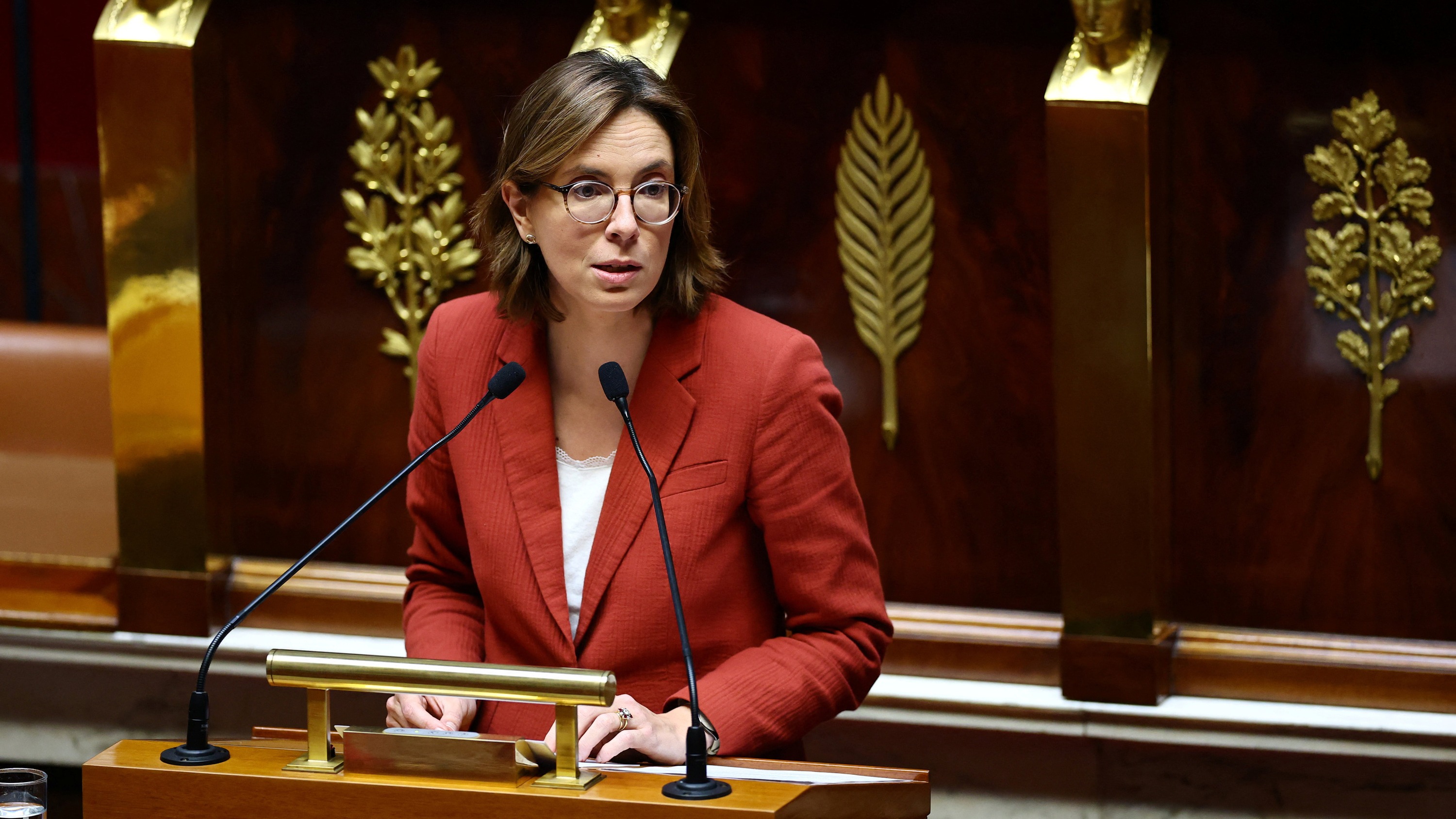French National Assembly Rejects Government's Freeze on Income Tax Scale, Opts for Inflation Indexation
The French National Assembly rejected the government's plan to freeze income tax brackets for 2026, voting instead to index them to inflation, resulting in a €2 billion revenue loss for the government and a diverse parliamentary coalition driving the change.
- • The National Assembly voted to index income tax brackets to inflation, rejecting the government's freeze proposal.
- • This decision represents a €2 billion setback for the government and would have prevented an increase in tax liability for 200,000 households.
- • A broad political coalition supported the amendment against the freeze despite opposition from the Public Accounts Minister.
- • Other budget measures include maintaining an exceptional contribution on high incomes and approving tax exemption on alimony payments.
Key details
On October 25, 2025, the French National Assembly took a significant step in the 2026 budget debate by rejecting the government's proposal to freeze the income tax scale and instead voted to index all income tax brackets to inflation. This parliamentary decision represents a substantial setback of €2 billion for the government, which had planned the freeze to generate additional revenue and counter inflationary pressures.
The rejection implies that income tax brackets will be adjusted to reflect inflation, preventing what could have been an effective tax increase on households due to bracket creep. It was noted that the freeze would have caused around 200,000 more households to become liable for income tax.
The vote was led by a broad coalition spanning across the political spectrum, including members from the far right, the right, some Macronists, and the left-wing Insoumis. Laurent Wauquiez, head of the LR deputies, successfully proposed the amendment opposing the freeze. This move defied the government’s stance, with Public Accounts Minister Amélie de Montchalin opposing the amendment and instead backing an alternative proposed by Charles de Courson, which would only have indexed the first income tax bracket to inflation. Montchalin argued against full indexation by stating that social benefits are also frozen for 2026, and a general indexing would disproportionately benefit wealthier households who are less in need of purchasing power assistance.
Meanwhile, the Assembly continued examining other budget aspects, including a measure to maintain an exceptional contribution on high incomes until the deficit falls below 3%, and the approval of tax exemption on alimony payments, gestures aimed partly at balancing fiscal responsibility with social considerations.
The National Assembly’s decision to prioritize inflation indexing over the government’s freeze marks a notable divergence from the executive’s fiscal strategy, emphasizing lawmakers’ sensitivity to inflation impacts on taxpayers’ disposable income and the broader political pushback against austerity measures affecting household finances.
This article was translated and synthesized from French sources, providing English-speaking readers with local perspectives.
Source articles (2)
Source comparison
Latest news
French Rugby Faces Personal and Tactical Challenges Ahead of Italy Clash
France Holds Fourth Place with 19 Medals at 2026 Winter Olympics Amid Skicross Team's Final Season
Netflix Challenges ByteDance's AI Tool Over Copyright Infringements Amid Digital Entertainment Evolution
Political Fallout Escalates in France Following Quentin Deranque's Death Ahead of Municipal Elections
Floods Bring Economic Activity in French Towns to a Halt, Businesses Struggle
Political and Legal Fallout Mounts Following Quentin Deranque's Death in Lyon
The top news stories in France
Delivered straight to your inbox each morning.


